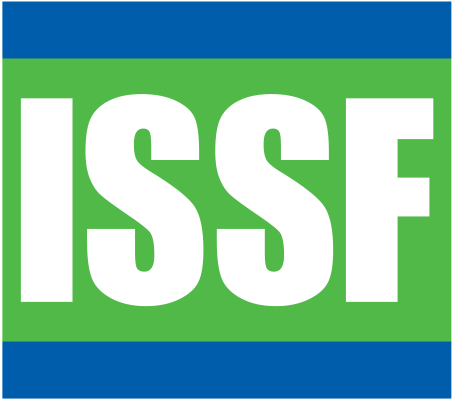Document: ISSF 2015-12: Report of the 2015 ISSF Workshop on Non-Entangling FADs
San Diego, California, USA, February 16, 2015
Introductions and review of objectives
The use of FADs in purse seine fisheries has been under criticism in recent years because their use can generate higher bycatch rates versus sets on free-swimming schools. Three RFMOs – IATTC, ICCAT and IOTC – have put management measures in place that call for a transition to non-entangling FADs as one way to decrease this bycatch. At the same time, various groups have suggested that other design elements aimed at lessening FAD impact on the marine ecosystem – biodegradable components, for example – need to be implemented. In 2012, ISSF published guidelines for the construction of non-entangling FADs, which left specific, on-the-water designs to the fishing industry.
Given this background, many fleets have introduced design changes to their FADs. However, in most cases these changes have occurred on an isolated fleet-by-fleet basis. The Workshop was convened to serve as an open forum to share experiences and lessons learned about new FAD designs in use across ocean regions.
Prior to the meeting, invitations were extended to the tuna purse seine fishing industry at large, including ISSF Participating Companies and all of the owners of vessels on the ISSF Proactive Vessel Register (PVR). Also, several scientists from the ISSF Bycatch Steering Committee were invited. The following fleet representatives and scientists attended the Workshop: Leonardo Aguirre, Laurent Dagorn, JD Filmalter, Martin Hall, Brian Hallman, Kim Holland, Federico Iriarte, David Itano, Susan Jackson, Sarah Le Couls, Mike McGowan, Gala Moreno, Julio Morón, Jefferson Murua, Juan Miguel Nava, Victor Restrepo (Facilitator), Marlon Roman, Kurt Schaefer and Bobby Virissimo. The meeting was held at the offices of the American Tunaboat Association (ATA).
Downloads: 1083 | Views: 0
